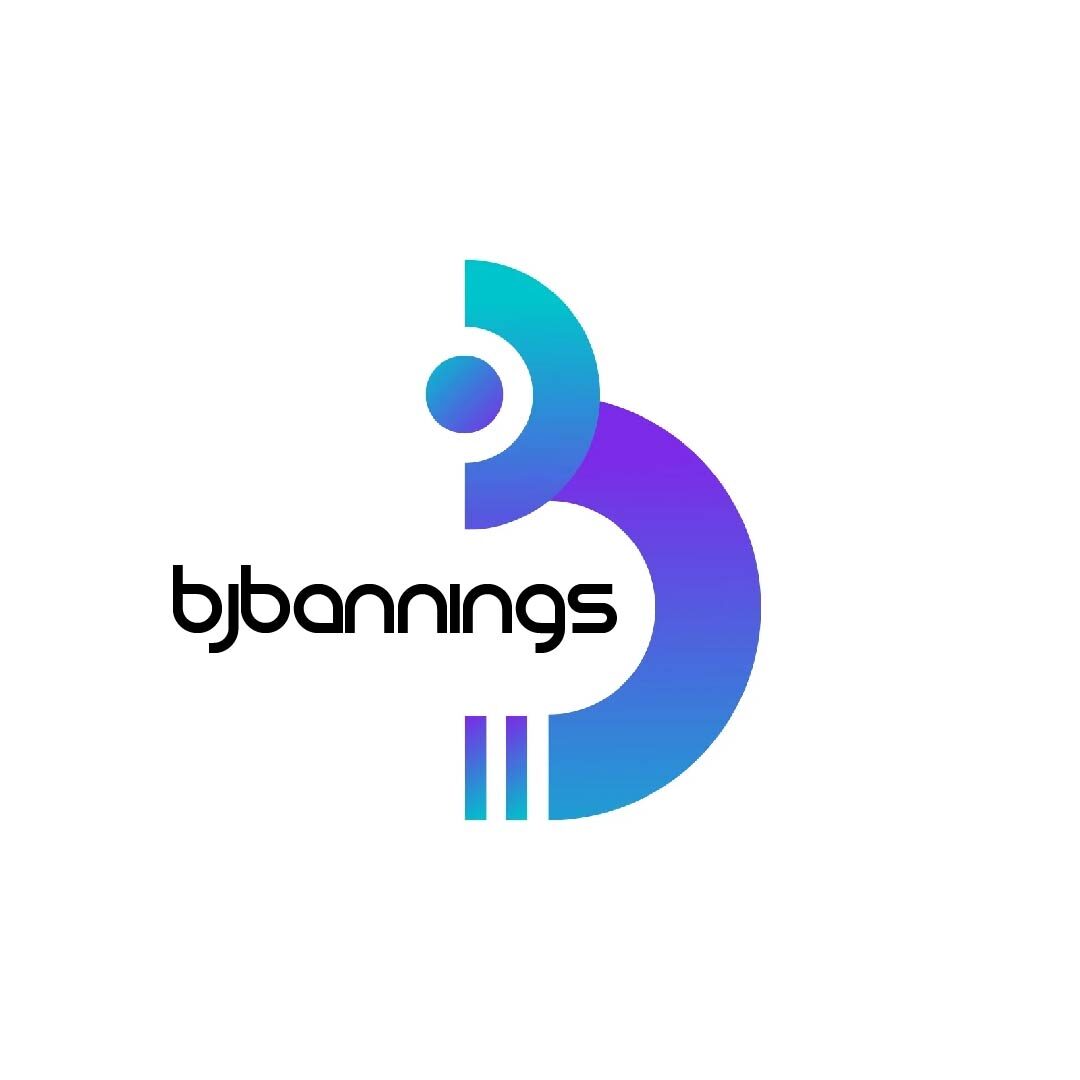Education opens minds and builds brighter futures for all
Education is one of the most powerful tools available to humanity. It shapes the way individuals think, grow, and interact with the world. From early childhood through adulthood, education provides the foundation for acquiring knowledge, developing skills, and cultivating values that enable people to succeed personally and contribute meaningfully to society. It is much more than the simple transfer of facts; education encourages curiosity, critical thinking, creativity, and resilience—qualities essential in today’s fast-changing world.
Historically, education began informally with oral traditions, apprenticeships, and learning through experience. The invention of writing revolutionized how knowledge was preserved and shared, eventually leading to the creation of formal schools and universities. These institutions have played a vital role in advancing science, art, culture, and technology, driving progress throughout human history.
Modern education covers a wide range of subjects and competencies beyond the traditional focus on reading, writing, and http://restauracja.edu.pl/ arithmetic. It includes digital literacy, communication skills, emotional intelligence, and ethical understanding. These elements prepare learners to navigate a complex global society and adapt to constant change. Encouraging a lifelong love of learning helps individuals remain curious and motivated throughout their lives.
Despite its importance, education remains inaccessible to many. Poverty, gender discrimination, geographic isolation, and political instability prevent millions of children and adults from obtaining quality education. Efforts to promote inclusive education aim to break down these barriers and ensure equal opportunities for all learners. Access to education is not only a human right but also a cornerstone of social equity and economic development.
Technology has transformed education by introducing new methods and platforms for learning. Online courses, digital resources, and interactive tools enable students to learn at their own pace and from any location. Personalized learning adapts to individual needs, improving engagement and outcomes. However, the digital divide still exists, as many lack reliable internet access or devices, highlighting the ongoing need for infrastructure investment and digital skills training.
Teachers are central to effective education systems. They do more than teach content; they inspire, mentor, and support students’ development. High-quality teaching fosters environments where learners feel safe, motivated, and encouraged to explore new ideas. Continuous professional development and adequate resources are essential to empower educators to meet diverse needs. Combining technology with human interaction enhances the learning experience and deepens understanding.
Education also fosters social cohesion and responsible citizenship. Schools teach values such as respect, empathy, cooperation, and tolerance. They prepare students to participate actively in democratic societies and to appreciate cultural diversity. An educated population is better equipped to address global challenges like poverty, climate change, and inequality, contributing to sustainable and peaceful communities.
Lifelong learning is increasingly important in today’s rapidly evolving world. The ability to continuously update skills and knowledge supports career growth, personal fulfillment, and adaptability. Learning extends beyond formal education to include professional development, hobbies, and self-directed study. Encouraging a mindset of lifelong learning builds resilience and opens new possibilities throughout life.
The future of education demands innovation, flexibility, and inclusiveness. Interdisciplinary approaches that integrate science, technology, arts, and ethics prepare learners to solve complex problems. Emphasizing creativity, critical thinking, and emotional intelligence alongside traditional knowledge equips students for diverse careers and life paths. Education systems must evolve to meet changing societal needs and learner expectations.
Collaboration among governments, educators, families, and communities is crucial for developing effective education systems. Investments in curriculum design, teacher training, infrastructure, and technology improve both access and quality. Encouraging curiosity and a passion for learning from early childhood motivates students to engage fully and persist in their educational journeys.
In summary, education is a transformative force that shapes individuals and societies. It equips people with the knowledge, skills, and values necessary for personal success and social progress. By expanding access, embracing innovation, and promoting lifelong learning, education can unlock human potential and create a brighter future for all.
